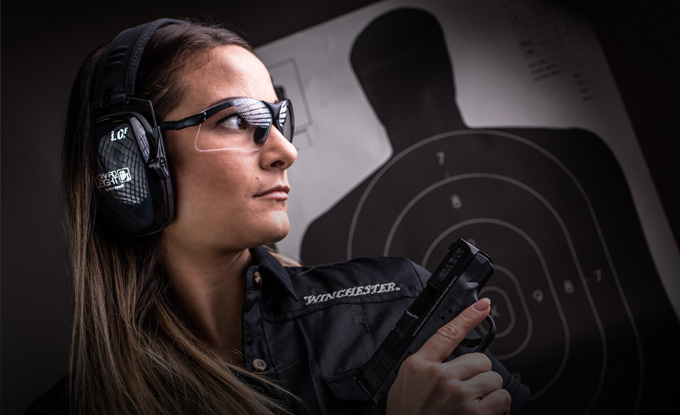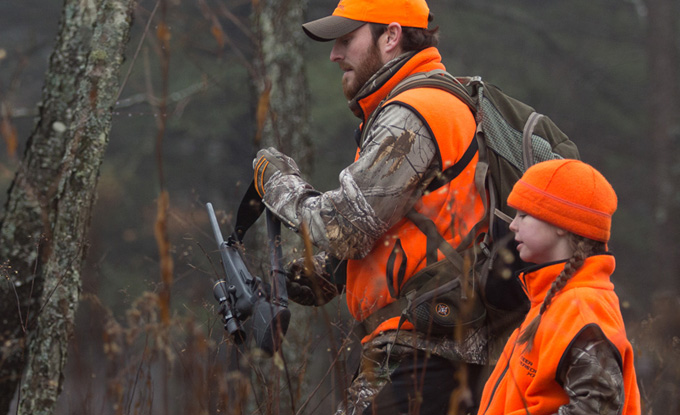Prep for Dove Season with Winchester
Early fall dove shoots are a tradition throughout much of the country. In many ways, dove shoots herald the start of the hunting season. Volleys of shots reverberate around farm country as shotgunners face the humbling experience that often accompanies taking a crack at the fast-flying birds.

Some of the bigger dove shoots are social events, with festivities like pre- or post-hunt feasts featuring roasted pigs and other barbecue treats.
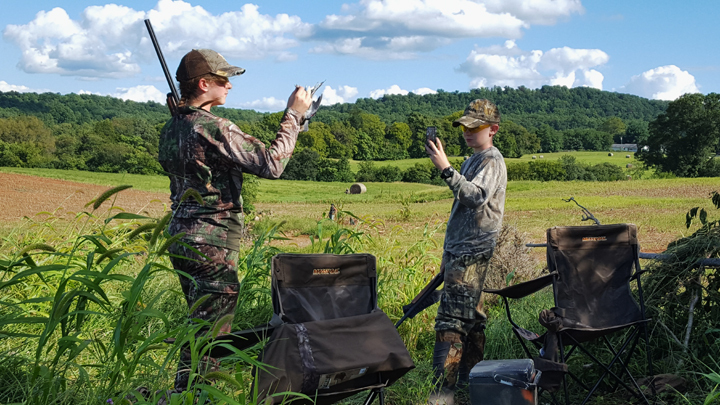
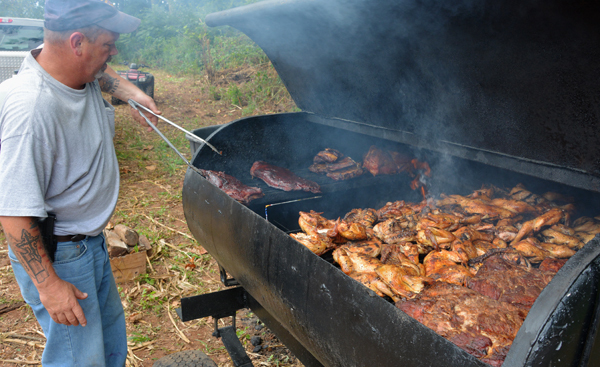
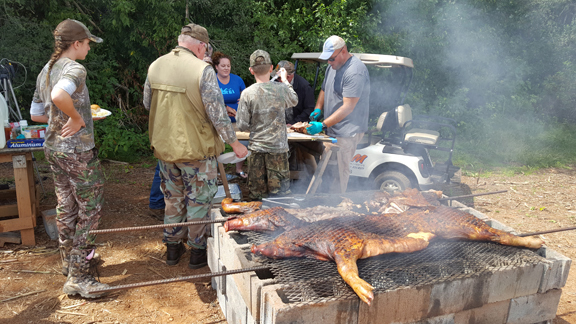
Summer slips away quickly. It’s easy to find yourself scrambling as dove seasons begin. A little preparation pays off.
For example, odds are you ended last year’s season with a depleted supply of shotshells. Doves will do that to you. Some days you may be dialed in, shooting with above average success. For me, that’s averaging only a couple of shots to collect each bird. On other days, the birds surely have force fields around them. Or maybe your biorhythms are off. Your performance stinks and you routinely mumble to yourself. The pile of empty hulls all around you betrays your shooting ineptitude to everyone passing by – not that they weren’t already laughing at your misses.
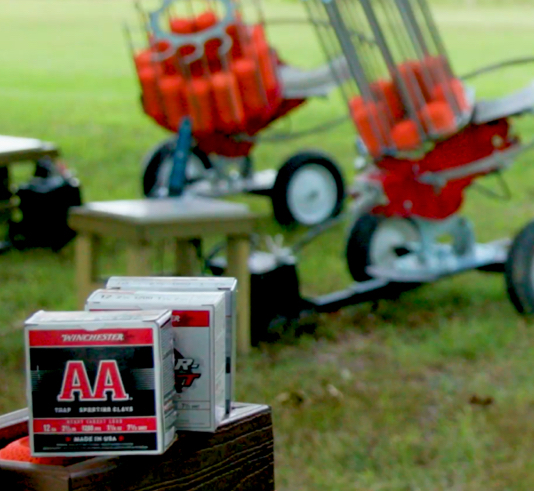
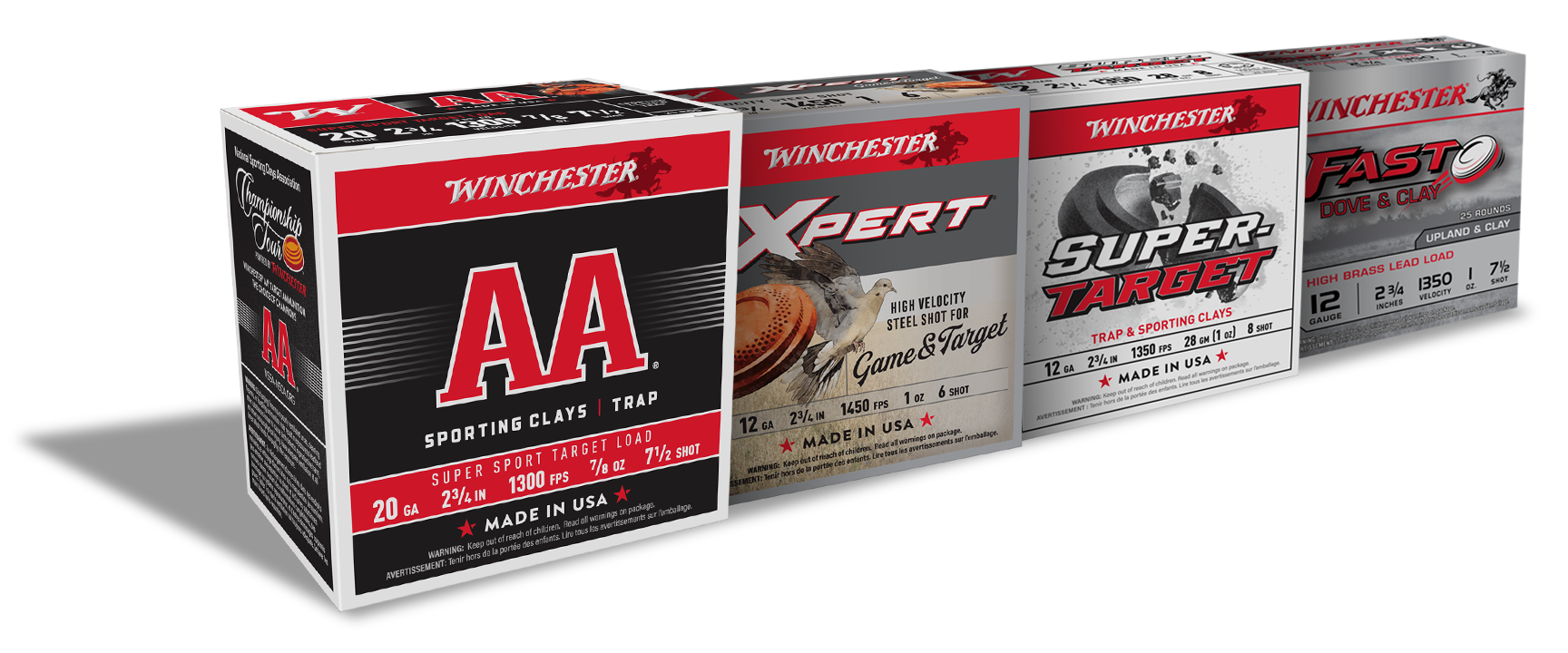
The key is, don’t run out of ammo. Take inventory by early summer. Get to the store and stock up because I guarantee you that those full shelves in early August may very well be bare a couple days before or after the season begins. Buy enough so you can always bring a couple of boxes into the field when you’re hunting and keep a couple extras in the truck. Too many times, you might need it.
Clean your shotgun, or shotguns, especially if you’re shooting semi-autos. Carbon buildup and other fouling you neglect to remove before dove season will surely see your gun jamming 30 minutes into your hunt. Get things cleaned and oiled preseason. Also, check the choke tubes you have in the guns. Understanding where you’re likely to be hunting informs your choke selection. For decoying birds in sunflowers, without a lot of hunters near you sky busting, improved cylinder is ideal. For birds that are wary and staying high, tighten things up with the choke – although, ideally, the best shooting happens when everyone sticks to the plan of letting birds fly well within range.
A little practice doesn’t hurt. Use a few boxes of those new shells to visit a sporting clays course or skeet range, or use your own portable thrower to get in some shooting. The actual dove field isn’t the best place to begin recalibrating your wing-shooting skills. Your ammunition/choke combination at the shooting range should ideally translate to fast-flying doves.
Preseason is also a time to get your hunting dog in shape. Break out the training bumper and get throwing. Reminders of field discipline are important, although my Boykin spaniel Jameson will happily fetch any dove shot near me. Even if I didn’t shoot it, he brings me the bird. What a good boy!
For dogs like mine, haircuts are in order. Many dove fields are full of burrs, stickers and other pestilence. Some dogs are magnets for this stuff. Giving dogs a trim preseason will mitigate the need for scissors post-hunt as you cuss and try to cut away tangled fur wrapped around burrs.
If you don’t have a dog and fetch your own birds, you’ll be the one often walking through thick vegetation. Do you know what’s in that vegetation besides cockleburs and thorns? Ticks, chiggers and other insects that can make you miserable or ruin your health. Before the season, make sure all your hunting clothes are treated with a permethrin-based spray. Use a DEET repellant for areas of skin that may be exposed while you’re hunting. The time to buy these essentials is before the season. Oh, and sunblock too.
I asked a few friends how they prepare for dove season. Here are a few of their superb observations and recommendations.
Cyrus Hunter Baird, senior director of government affairs for Delta Waterfowl, is busy training his new, young Labrador retriever Penny for her initial year afield. Baird sees dove season as the time where he begins preparing for his ducks and geese seasons.
“It’s the first chance to go through and organize all my gear, make sure the shotgun is in good shape and ensure I’ve got enough shells to supply a small army to chase those fast-flying birds. I get my buckets and boots out of the shed, organize the truck, and so on. It’s a special time of year.”
The Congressional Sportsmen’s Foundation’s John Culclasure advises making sure your hunting license is current and that you’ve filled out your HIP registration. (Note: The time to do that is not when the game warden is working his way through the field checking licenses. Don’t ask how I know.) “I buy lots of shells - because I miss a lot, give my gun a one-over, and put the dates on the calendar so my wife knows when I’ll be hunting!” Culclasure is CSF’s director for the Southeastern States and Forest Policy.
Mark Oliva, the National Shooting Sports Foundation’s managing director of public affairs, says finding a place to hunt is the first order of business. “My first piece of advice is to become really good friends with the guy who owns the sunflower fields with nearby watering holes and is intersected by low power lines. He needs to become your new best friend,” he said, not entirely tongue-in-cheek.
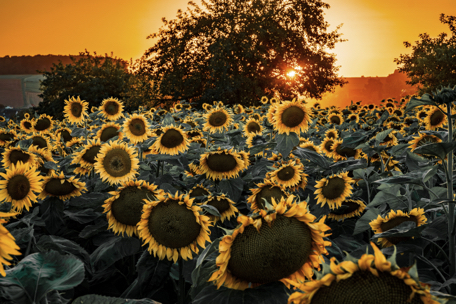
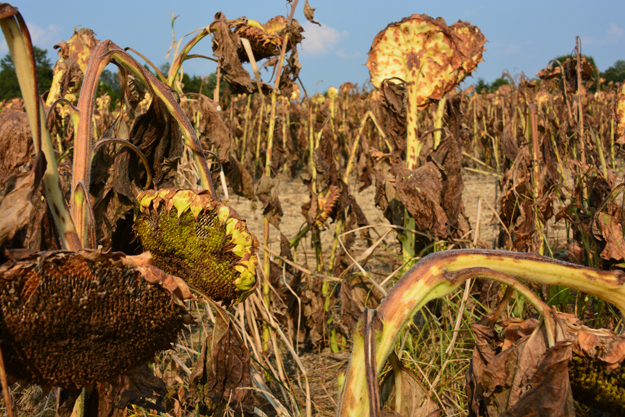
Access is important. If you have a place to hunt, do some preseason scouting to see if birds are using the area. “Swing by and check it out to make sure nothing has drastically changed that would interrupt or alter how the birds might fly,” Oliva said. “If you belong to a hunt club, start checking with other members. See if anyone is planning to hunt those opening days and see about sharing spots.”
I’d also recommend scouting in both early morning and late afternoon. Some states offer all day hunting, not just afternoons. Early September afternoons can be brutally hot in some states. While birds may fly a little better in late afternoon, a morning shoot may be much more comfortable for you and a canine companion.
Oliva also recommends practicing, noting, “Even an avid wingshooter can be humbled by the diving and darting of doves.”
Weather can always be a factor in early season hunts, he adds. “Plan for the heat and sun, accordingly. Think thin shirts that can easily wick away sweat. Also think about full coverage from the sun,” Oliva said. “Also think about camouflage. Dove hunters don’t need to get the full ghillie suit out, but camouflage patterns, muted earth-tone colors and camouflaged baseball cap will make the hunt more productive.”
The message here is to inventory your clothes and make sure you’re equipped for comfort and safety in the field.
Also, in terms of gear, inspect and ready any decoys you might want to use. They sometimes make a difference. Look also at how you’ll lug all your gear and ammo into the field. Do you have something that’ll let you take enough water -- for you and your dog? Dehydration happens fast out there. With dogs, it can have tragic consequences. Get a substantial bucket, rolling cooler (with some burlap or other camo cover) or other items that can carry gear and extra water. When it comes to seating, Oliva says, “Spend a few dollars to get a decent cushion. It will make all the difference between a comfortable morning in the fields and one that’s…well, a pain in the butt.”
Finally, dove hunting is often a social activity, plus you tend to get more action when sufficient hunters are covering the field. As part of your preseason prep, consider who you might want to invite on a hunt, especially someone new to hunting. Tell them that they can sit next to you and that you’ll teach them.
Good luck. Enjoy that special camaraderie of the dove field. Don’t sky bust or shoot at low-flying birds and be safe.
Note: Ken Perrotte is a veteran outdoors writer and past president of the Association of Great Lakes Outdoor Writers. See his weblog at www.outdoorsrambler.com.
Winchester Ammunition Recommendations for Dove Season —
12 Gauge –
XU127 or XU128 – Super-X
AASC127 – AA Super Sport
WE12GT6 or WE12GT7 – XPERT Game & Target, steel shot for the hunter that needs lead free
20 Gauge –
XU207 or XU208 – Super X
AASC207 – AA Super Sport
WE20GT6 or WE20GT7 – XPERT Game & Target, steel shot for the hunter that needs lead free
28 Gauge –
AASC287 – AA
WE28GT6 – XPERT Game & Target, steel shot for the hunter that needs lead free
.410 Bore –

2021/2022 President of the Association of Great Lakes Outdoors Writers. Active member of the Professional Outdoor Media Association. Past three-time board member of the Southeastern Outdoors Press Association.


